23 Jul 2020
Eating Animals

For the last four years I have been making the very slow transition to not eat animals for many reasons. When people ask me why I’m vegan, I find myself wishing I had a more structured answer. My lack of structure around the answer inspired me to read the book “Eating Animals” by Jonathan Safran Foer which has a ton of information on factory farming. I am writing this piece as a personal reflection on my choices, a book review, and informational resources.
Personal Reflection
My food journey the last few years has led me to question where the food I eat comes from, how it is treated before it gets to my plate and what organizations I am supporting with my dollars. Growing up on my grandmother’s farm, we typically killed the chickens we wanted to eat (I vividly remember the smell of burned feathers as my grandmother put them in a boiling pot of water after breaking their necks) and drank milk from the cows on her farm (the cows were so massive I was too scared to interact with them). For most of my childhood, this is how I consumed my animal products—straight from my backyard. Moving to the United States meant that I no longer knew where my food was coming from. It seemed strange that there was milk during every single school meal and that people ate so much meat (Did they not know how expensive it was? How long it took to raise a chicken? How special the occasion was to kill an animal?) but I assumed this was part of the culture shock of moving to a new country. For the next few years, I ate mostly chicken and fish and had a very short attempt at being vegetarian in high school.
In 2016, I spent 3 months living in South India for an internship through my university. South Indian cuisine is mostly vegetarian,and there is the distinction between veg and non veg restaurants and food on all labels (see below). My intern pals at the time were also vegetarian and so I took this summer as an opportunity to try vegetarianism again. When I came back to the United States to start my final year of university I decided to stop buying meat and only cook fish and tofu, still eating meat when I ate out. Every year since I tested how much I was comfortable giving up, with In-N-Out and fish sushi being the last to go. Over the last year, I have tried taking out greek yogurt and eggs and substituting with equally tasty and nutritious things like chia pudding and chickpeas. Taking it one step at a time made me feel like I was working towards something and not having to sacrifice too much at once.
For me, not eating animals has not felt like a huge sacrifice because it has been so gradual. The incremental sacrifices have made the transition a lot easier than giving all animal products up all once. The more I learn about how we get our food, the more I realize that I have a choice in what values I support. So why am I vegan? I see my choice to be vegan as a move to stand for what I believe in: ecological conservation, humane treatment of living beings (both animals and humans), and removing financial support from corporations who are disinterested in the effect they have on the world outside of their bottom line.
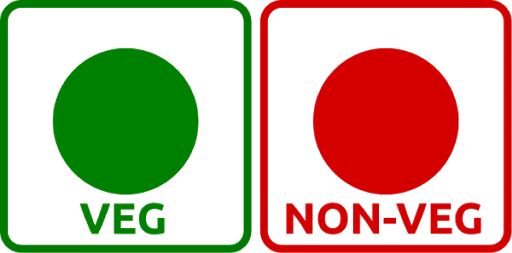
Book Review
Foer’s book is incredibly helpful in understanding the environmental, animal welfare and cultural aspects of eating animals. He spent a few years gathering information to write the book and wraps it beautifully with family and cultural context. When Foer’s first son is born he wonders how he will explain to his son why it is okay to eat other animals but not their dog. This leads him to investigate factory farms in the United States and dive into where our animal products come from. This was no easy feat, as he discusses at length how massively difficult it is to get in contact with any of the big meat producers in the country due to so-called “Ag-Gag” laws that prevent consumers from gathering data on intensive animal agriculture operations. As I was reading the book, I highlighted a few statistics that really stood out to me. I’ve organized them below into environmental, human and animal welfare/conservation impacts.
Environmental Impact:
- Animal Agriculture(read: factory farming for the meat production) makes a 40% greater contribution to global warming than all transportation in the world combined. It is the number one cause of climate change (source)
- Farmed Animals in the United States produce 130 times as much waste as the human population—- roughly 87,000 pounds of shit per second. The polluting strength of this shit is 160 times greater than raw municipal waste (source)
- Smithfield is America’s largest pork producer in the United States. Right now you may have heard about them on the news because of the effect of COVID-19 related labor shortages on meat supply. Smithfield kills some 31 million animals annually, about 1 pig per second. Each hog produces 2 to 4 times as much shit as a person. This means Smithfield, a single company, produces at least as much fecal waste as the entire human population of California and Texas combined (source)
Human Impact:
- “Studies have shown that animal waste lagoons emit toxic airborne chemicals that can cause inflammatory, immune, irritation and neurochemical problems in humans” (source)
- Animal agriculture uses 756 million tons of grain and corn per year, much more than enough to adequately feed the 1.4 billion humans who are living in dire poverty (source)
- Slaughterhouse workers have the highest injury rate of any job-27% annually- and receive low pay to kill as many as 2,050 cattle a shift (source)
Animals:
- Roughly 4.5 million sea animals are killed as bycatch in longline fishing every year, including roughly 3.3 million sharks, 1 million marlins, 60,000 sea turtles, 75,000 albatross, and 20,000 dolphins and whales (source)
- The average trawling operation throws 80-90 percent of the sea animals it captures as bycatch overboard (source)
Vegan FAQ
1. I can’t go all in! I can’t commit to giving up so much, what should I do? And will my choice really make a difference?
- Reduction helps! Take a look at the pictures below! A 2/3 vegan diet has about 30% of the impact of an average diet. Even a reduced diet cuts down on about 20% of C02 emissions of an average diet (source) and (source). I know you may be thinking: one person’s choices do not change the world alone, which is true. However, without individual value-based choices to divest/invest in things, no large scale change is possible.
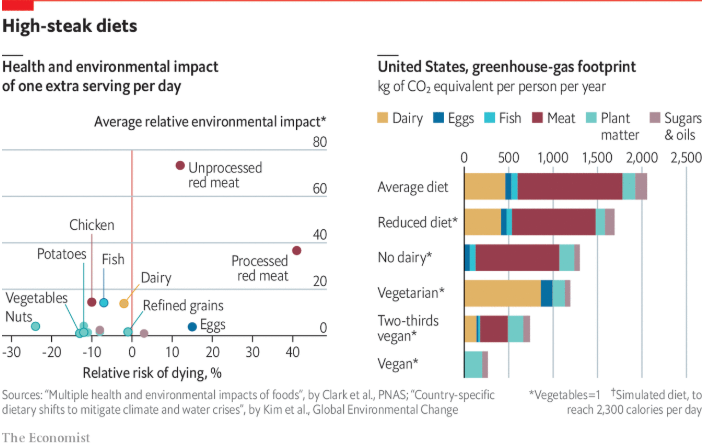
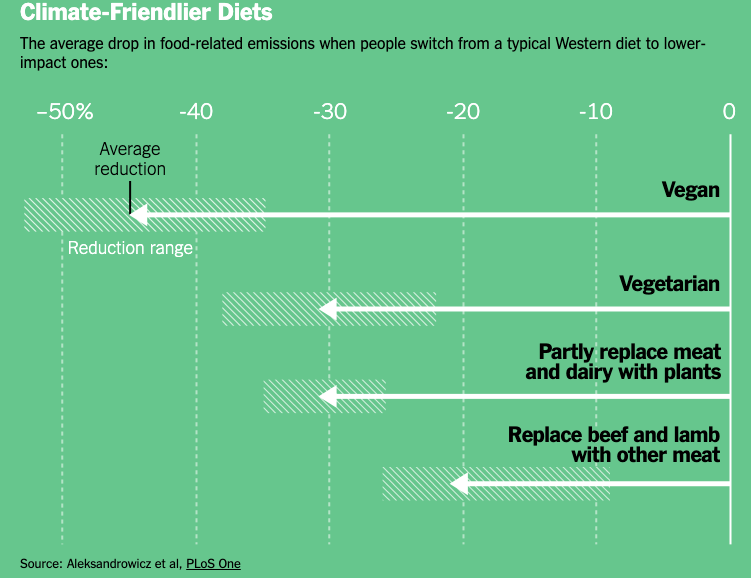
2. Why vegan and not just vegetarian?
- Again, reduction is key! Vegetarianism may be what feels most doable for you right now and that is better than eating animals. However, the chickens and cows that produce your eggs and milk are still factory farmed! Animal products still contribute to all the environmental impacts mentioned above.
3. How will I get all the protein I need?Is a vegan diet healthy?
- This is likely the most common question asked about a vegan diet. I did not touch upon the health aspects of a vegan diet but there are a few resources I would recommend: The Vegan Starter Kit and Healthline Article. In short: a vegan is at least as healthy as your current diet. You can be vegan and eat a lot of junk food or you can eat healthier options, it’s really up to you. There are lots more resources for the health focused folks.
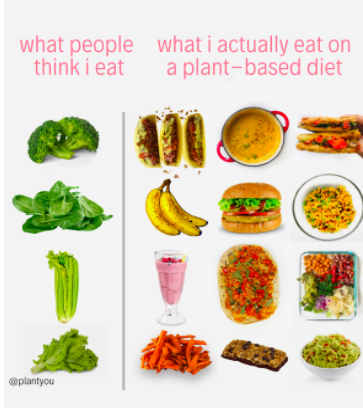
4. Food is such a big part of my culture, there is no way I could stop eating my family’s delicious meat dishes.
- “To give up the taste of sushi or roasted chicken is a loss that extends beyond giving up a pleasurable eating experience. Changing what we eat and letting taste fade from memory creates a kind of culture loss, a forgetting”(source: page 194 of Eating Animals). I really relate to this sentiment. It takes courage and time to accept that some forgetting is okay. It is important to think deeply about what kind of legacy you want to leave behind and to create new memories with less cruelty and exploitation in them. Luckily, these days there are more and more vegan cultural restaurants. See examples here: Dominican Vegan Food, Vegan Soul Food, Pan Asian Vegan Food and for a list of your local vegan/ vegan friendly restaurants check out happycow.net
5. Aren’t there bigger problems to worry about, like protecting humans and fighting racism, sexism and xenophobia?
- Our problems are not mutually exclusive and all oppression is connected. By supporting factory farming we support the systematic abuse of vulnerable people (see here and here) who have few choices in where they can work. This is not to say that there are not similar problems in produce farming, which employ a similar population. If anything, this brings to light how we can best put our dollars behind humane practices. Another interesting idea here is the expanding circle.
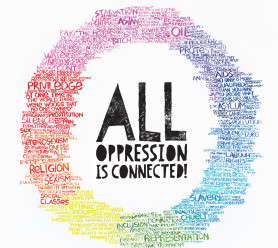
6. Being vegan is expensive, inaccessible and a very privileged thing. I don’t want to contribute to more inequality
- Expensive: Beans, tofu, rice, legumes etc are actually less expensive than meat. Fancy fake meats and imitation products tend to be expensive and that’s because a lot of research and development goes into making these and they are still scaling up their production capacities. Once there is more scale and these products are not considered a speciality, there will start to be a decline in price.
- Access is a very big problem. Lower income communities are often food desserts which have very little access to fresh food. This does make a plant based diet inaccessible to many. There are many food pantries around the country working to fight food insecurity and inaccessibility, but this is part of a much bigger public health problem.
- Privilege: Getting to choose what you eat is totally a privilege— many of us can’t really choose. However, many of us can choose and we may do so every day without truly thinking about the effects our food has on the planet, the workers and communities who live and work near slaughter houses, and the animals we are harming.
7. It’s complicated! How do I know which food has less impact?
- It is complicated (as illustrated by the picture below)! My advice is do the best you can with the information you have and always try to learn and question where your knowledge is coming from (source)
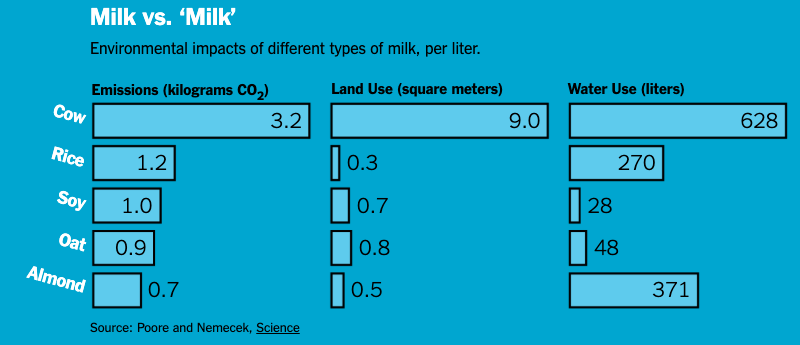
8. What are some other resources you would recommend?
- New York Times Article
- Dominion: This is an extremely graphic documentary, but has really good information on factory farming
- Eating Animals
- The End of Meat is Here
So What Does All of This Mean?
Well here’s the thing: there is a delicate balance between our own comfort + satisfaction and cruelty + ecological destruction. This choice is often harder than it should be to make. We have to think about how our choices will affect our lives, how hard it will be to sacrifice our current state for some desirable future state that may not even occur. But think about this: billions of dollars in government funds (read: taxpayer dollars aka your money) marked for agriculture are used to subsidize massive corporations whose incentives are to maximize profitability and shareholder value. These are the same corporations that are polluting our earth, abusing animals, exploiting immigrants and giving you antibiotics-stuffed animals that create lakes of shit. So where can you start?
- Think about consuming less! You don’t need to become vegan overnight, but become aware of your consumption and where possible consume less animals. This will almost certainly make you uncomfortable at first, but see how it goes.
- Be curious about where your money is going. Put your money where your mouth is.
- Support local and humane farming.
- Recognize that impact is a spectrum, and less negative impact is better. As long as you’re moving steadily towards lower impact practices, don’t beat yourself up.
- Read a book or watch a documentary